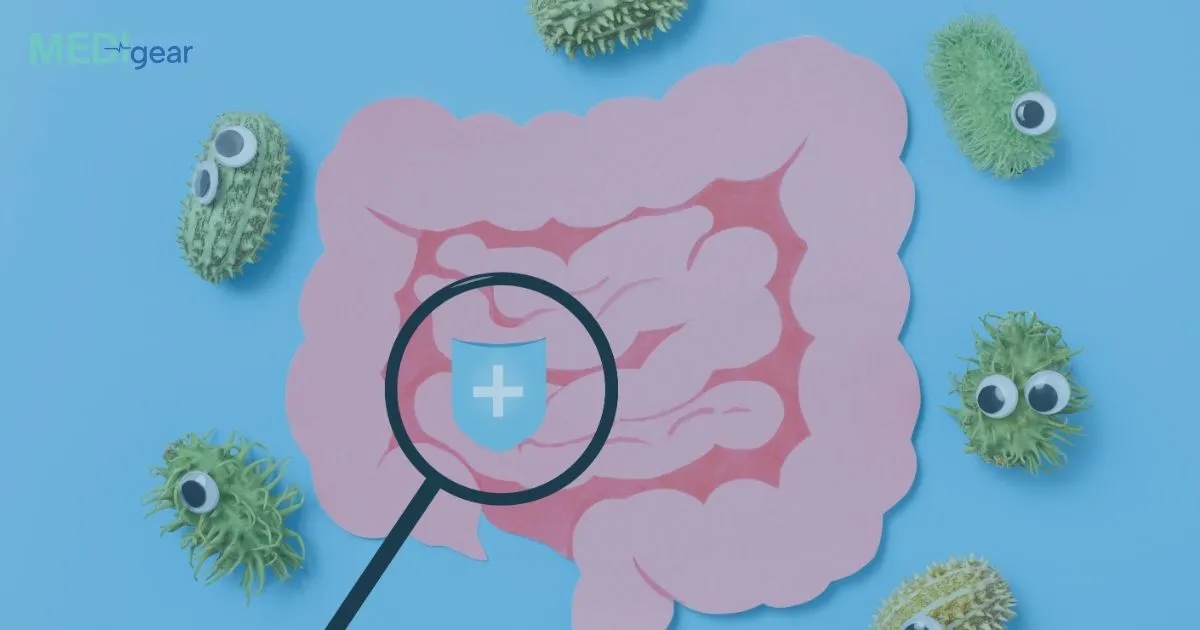In a world driven by multitasking, digital overload, and constant information flow, mental clarity — the ability to think clearly, focus, and process information efficiently — has become essential for daily performance and long-term cognitive health.
While sleep, exercise, and stress management play vital roles, nutrition remains one of the most powerful and direct ways to support brain function. The foods we eat provide the building blocks for neurotransmitters, the fuel for brain cells, and the protection against oxidative stress that leads to cognitive decline.
This article explores the best science-backed foods for maintaining focus, memory, and overall mental sharpness.
1. Fatty Fish – The Brain’s Essential Fuel
Fatty fish such as salmon, sardines, mackerel, and trout are rich in omega-3 fatty acids — particularly DHA and EPA — which form the structural foundation of brain cell membranes.
Why It Helps:
- Enhances neuroplasticity (the brain’s ability to adapt and form new connections).
- Supports memory, learning, and attention.
- Reduces inflammation linked to cognitive decline and mood disorders.
Studies show that individuals with higher omega-3 intake have slower rates of mental aging and a lower risk of Alzheimer’s disease.
Tip: Aim for at least two servings of oily fish per week or consider an algae-based omega-3 supplement if you’re vegetarian.
2. Leafy Green Vegetables – Nature’s Cognitive Shield
Leafy greens such as spinach, kale, Swiss chard, and collard greens are loaded with vitamin K, lutein, folate, and beta-carotene — nutrients known to support brain health.
Why It Helps:
- Folate supports the production of neurotransmitters such as dopamine and serotonin.
- Vitamin K contributes to cell signaling in neurons.
- Lutein acts as an antioxidant, reducing oxidative stress in brain tissue.
Research from Neurology found that people who regularly consumed leafy greens had younger cognitive function by up to 11 years compared to those who rarely ate them.
3. Berries – Antioxidant Powerhouses for the Mind
Blueberries, blackberries, and strawberries are among the most potent brain-protective foods due to their high levels of anthocyanins and flavonoids.
Why It Helps:
- Neutralizes free radicals that damage brain cells.
- Improves cell-to-cell communication in the brain.
- Enhances memory and focus, especially with long-term consumption.
A Harvard study found that women who ate two or more servings of berries per week delayed cognitive aging by 2.5 years on average.
4. Nuts and Seeds – Smart Snacks for Sustained Focus
Nuts and seeds, especially walnuts, almonds, flaxseeds, and chia seeds, provide a rich mix of omega-3s, vitamin E, and antioxidants — all essential for long-term brain health.
Why It Helps:
- Vitamin E protects neurons from oxidative stress.
- Omega-3 fatty acids enhance communication between brain cells.
- Magnesium supports relaxation and reduces anxiety.
Walnuts, in particular, have been linked to improved memory performance and better cognitive scores in older adults.
5. Whole Grains – Fuel for Consistent Brain Energy
The brain consumes nearly 20% of the body’s total energy, relying primarily on glucose derived from carbohydrates. Whole grains like oats, quinoa, brown rice, and whole wheat provide a steady release of glucose, avoiding spikes and crashes in blood sugar that affect concentration.
Why It Helps:
- Provides consistent energy for focus and productivity.
- High in B vitamins, essential for brain metabolism.
- Improves blood flow to the brain through better cardiovascular function.
Refined carbs, by contrast, cause rapid glucose fluctuations that can impair attention and memory.
6. Eggs – Building Blocks for Brain Chemicals
Eggs are rich in choline, a nutrient that the brain uses to produce acetylcholine, a neurotransmitter vital for memory and learning.
Why It Helps:
- Supports cognitive processing speed and mental performance.
- Provides vitamin B12 and folate, preventing brain shrinkage and cognitive decline.
- Aids in maintaining healthy neuron membranes.
Eggs are among the most versatile and accessible brain foods for all ages.
7. Avocados – Heart-Healthy Fats for Brain Flow
Avocados are a rich source of monounsaturated fats, which support healthy blood flow to the brain. They also contain vitamin E, lutein, and potassium, crucial for nerve communication and antioxidant defense.
Why It Helps:
- Improves blood vessel function, enhancing oxygen and nutrient delivery to brain cells.
- Protects brain tissue from oxidative damage.
- Supports concentration and mental stamina.
A 2019 study in Nutrients found that regular avocado consumption improved attention and working memory in older adults.
8. Dark Chocolate – A Sweet Boost for the Brain
High-quality dark chocolate (70% cocoa or more) contains flavanols, caffeine, and theobromine — compounds that enhance alertness and mood.
Why It Helps:
- Improves blood flow to the brain.
- Enhances cognitive performance and stress resilience.
- Increases serotonin and dopamine, promoting a sense of focus and well-being.
Moderation is key — a small square a day can boost mental clarity without excessive sugar intake.
9. Green Tea – Calm Focus and Cognitive Balance
Green tea provides a balance of caffeine for alertness and L-theanine, an amino acid that promotes relaxation without drowsiness.
Why It Helps:
- Enhances mental alertness and focus.
- Improves reaction time and working memory.
- Reduces stress-induced mental fatigue.
Regular consumption of green tea has been linked to improved cognitive performance and reduced risk of cognitive impairment in older adults.
10. Hydration – The Overlooked Key to Mental Clarity
Even mild dehydration can significantly affect concentration, mood, and short-term memory.
Why It Helps:
- Maintains optimal brain function and electrical activity.
- Supports oxygen delivery and nutrient transport.
- Prevents fatigue and mental fog.
Drinking 6–8 glasses of water daily and limiting sugary or caffeinated beverages helps maintain hydration and cognitive efficiency.
Bonus: The Brain-Healthy Diet Pattern
Instead of focusing on individual foods, adopting a consistent, balanced dietary pattern supports sustained mental clarity.
The Mediterranean diet, rich in olive oil, fish, nuts, vegetables, and whole grains, and the MIND diet (Mediterranean-DASH Intervention for Neurodegenerative Delay) have been shown to:
- Lower the risk of Alzheimer’s disease by up to 50%.
- Improve memory and cognitive speed.
- Reduce inflammation and oxidative stress in neural tissue.
Conclusion
Mental clarity doesn’t depend on caffeine alone — it’s built through consistent nourishment of the brain with the right nutrients.
Omega-3-rich fish, leafy greens, berries, nuts, and whole grains form the foundation of a brain-supportive diet, while hydration and antioxidants ensure sustained focus and cognitive longevity.
In short, what you eat directly fuels how you think.
Disclaimer:
This article is for educational and informational purposes only. It is not a substitute for professional medical or nutritional advice. Always consult a qualified healthcare provider or dietitian for personalized recommendations.






